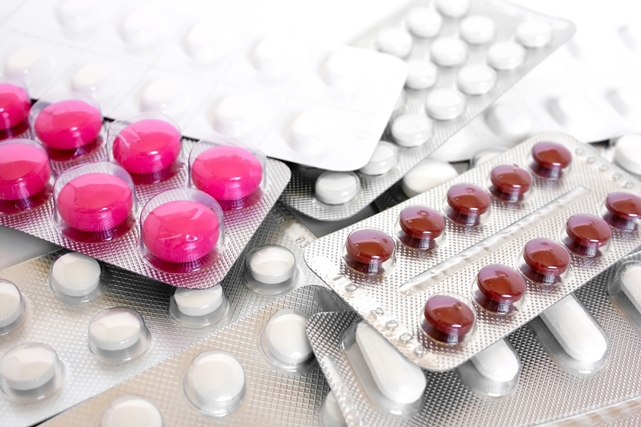Taking Care with Antibiotic Usage
 The Centers for Disease Control and Prevention (CDC) has designated Nov. 18 to 24 U.S. Antibiotic Awareness Week in an effort to raise awareness about the importance using antibiotics appropriately.
The Centers for Disease Control and Prevention (CDC) has designated Nov. 18 to 24 U.S. Antibiotic Awareness Week in an effort to raise awareness about the importance using antibiotics appropriately.
In 1928, Alexander Fleming discovered the first broadly effective antibiotic which he named Penicillin. Many antibiotics are available today and, unfortunately, their effectiveness and widespread availability have led to overuse and antimicrobial resistance.
What is antimicrobial resistance?
Antimicrobial Resistance (AR) occurs when bacteria, viruses, fungi and parasites change over time, no longer responding to medicines — making infections harder to treat. According to the CDC, more than 2.8 million antimicrobial-resistant infections occur each year in the United States.
Antibiotics can and do save lives, but when antibiotics aren’t needed they won’t help you — and the side effects can cause harm. When you need antibiotics for a bacterial infection, the benefits usually outweigh the risk of side effects. An antibiotic will not make you feel better if you have a virus. If you use antibiotics, take them exactly as prescribed and tell your healthcare provider if you develop any side effects.
Stay Healthy and Keep Others Healthy
Cold, flu and virus season is here, so wash your hands frequently during the day, avoid touching your face, and use a 60-percent or higher, alcohol-based hand sanitizer. Get your recommended vaccines and keep hands and wounds clean. If you’re feeling ill or suspect you’re getting ill, stay at home. If you must go out, be considerate and wear a mask to protect others. Individuals with chronic health conditions can become much more seriously ill than those who are younger and healthier.
